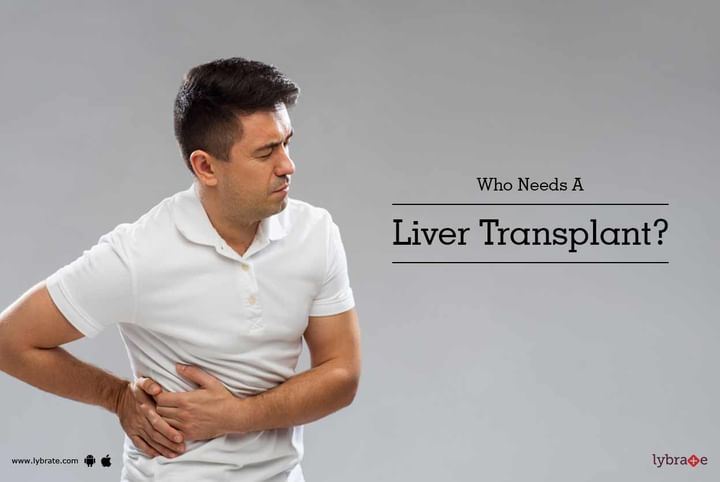Who Needs A Liver Transplant?
The liver is responsible for filtering blood from the digestive system, metabolizing drugs and detoxifying the body. It also produces a number of proteins that help blood clot properly. Some diseases such as hepatitis, cirrhosis, cancer or gallstones can restrict the liver’s ability to function properly. In such cases, a liver transplant may be needed. This involves replacing the patient’s own liver with a part of a healthy liver or an entire liver from a donor.
A liver transplant can help save a person’s life. Without the liver, toxins will accumulate in the body and cause damage to other internal organs as well. It can also lead to bacterial peritonitis or a bacterial infection in the abdomen or cause blood to flow back in the stomach or accumulate in the spleen. Hence when a person suffers from a chronic liver disorder, a liver transplant is suggested. Some conditions under which such a procedure may be advised include:
- Cirrhosis or scarring of the liver caused by hepatitis C, biliary disease, excessive alcohol consumption
- Biliary atresia or the incomplete development of bile ducts
- Acute liver failure caused by viral infections or an overdose of certain drugs
However, not everyone suffering from these conditions is eligible for a liver transplant. A person’s eligibility for a liver transplant is determined by any other health problems the patient might be suffering from, age and the results of laboratory tests such as blood clotting tests, blood tests, liver and kidney function tests and electrolyte tests. In cases where an infection is suspected, blood, urine, sputum and bile cultures may also be grown to check for bacteria, viruses, fungi and other such organisms.
Donor livers are not always readily available and hence if a liver transplant is recommended, further tests will be needed to see where the patient will be placed on the liver transplant waiting list. This includes:
- Live Ultrasound- This test checks how well blood flows to and from the liver by using soundwaves to create a picture of the liver.
- Electrocardiogram or ECG- This tests the electrical activity of the heart and determines whether the heart will be able to take the stress of an operation.
- Dental Tests- A dental clearance is also required before undergoing a liver transplant as many types of Immunosuppressive drugs may increase chances of infections in cavities and periodontal disease.
- Purified Protein Derivative (PPD) Skin Test- This test is performed on the arm to check for tuberculosis exposure. If you wish to discuss about any specific problem, you can ask a free question.



+1.svg)
